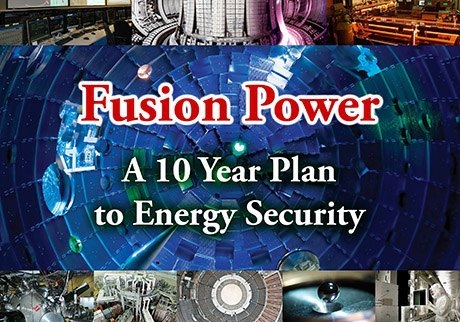
Fusion News: Vancouver Sun- In Terms of Energy
The Vancouver Sun breaks down the differences between Fusion and Fission. By the end of the century, the world will need an estimate of 40,000 new power plans. While, fusion uses deuterium and lithium which is found almost limitless in sea water. As reported by the Vancouver Sun in the article “In Terms of Energy:”
FUSION VS. FISSION Fusion is produced by combining particles (typically isotopes of hydrogen), which then create energy plus new products. Depending on the material – such as iron or special steels – only the target chamber’s walls would become radioactive, and be classed as low-level waste. Walls made of silicon carbide would not be radioactive. By contrast, fission is produced by splitting heavy uranium atoms to release nuclear energy. It produces high-level radioactive waste.





